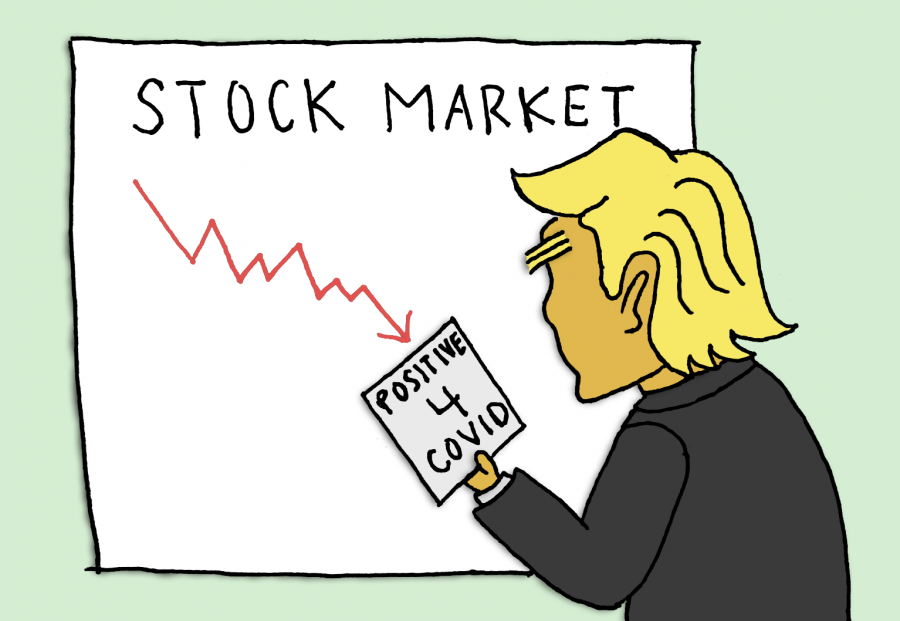After volatility throughout the week of Oct. 2, U.S. equities closed higher on the following Monday. The uptick was due to signs of lower political risk, primarily relating to reports of President Donald Trump’s improving health condition.
On Oct. 4, doctors at Walter Reed National Military Medical Center, where President Trump received treatment, spoke to the press and clarified that his condition “continues to improve.”
That said, the upbeat report raises questions as it comes to light that the president has been treated with dexamethasone, a “commonly used steroid that has been shown to help severely ill Covid-19 patients,” according to Wall Street Journal. Trump has also taken Regeneron Pharmaceuticals Inc.’s antibody drug cocktail, which has not been fully clinically tested yet, and the antiviral drug Remdesivir, which has been authorized for treatment of hospitalized COVID-19 patients.
On Sunday, however, doctors released the news that “the president’s vital signs were stable, he wasn’t experiencing shortness of breath, and he has been fever-free since Friday.” President Trump’s battle with coronavirus rattled markets late last week, at a time of high political uncertainty.
Equity market leaders are particularly vulnerable to the outcome of this election, with the technology sector at the highest risk. Democratic presidential nominee Joe Biden has proposed not only an increase in taxes, but “raising the corporate tax rate to 28% from 21%, imposing a new minimum tax on U.S. companies, and increasing taxes on foreign income of many U.S.-based multinationals.”
Biden’s proposals are expected to produce double-digit declines in the profits of technology and consumer-discretionary sectors, home to companies such as Apple Inc., Microsoft Corp., Alphabet Inc., Facebook Inc. and Amazon Inc. These companies have led the S&P 500’s gains in 2020, and all ended on Oct. 5 up 2%-3% after news of Trump’s positive condition. The combination of Biden’s proposals would lead to expected earnings among companies in the S&P 500 dropping by an average of 9.2%, according to research from Bank of America.
However, the potential economic impact of the winner of this year’s election is still unclear. Trump’s victory four years ago sent stock futures plummeting overnight, but equities rallied the next day to new records. And while Biden proposes an increase in taxes, he is also running on a plan for trillions of dollars in new government spending, focused on rebuilding infrastructure across the country.
Outside of equity markets, the yield on the benchmark 10-year U.S. Treasury increased from 0.694% to 0.760%. On Oct.2. Brent crude, the international oil benchmark, rose 5.1% to $41.29 a barrel. Then internationally, Stoxx Europe 600 rose 0.8%, Japan’s Nikkei 225 rose 1.2%, Hong Kong’s Hang Seng Index rose 1.3% and China’s Shanghai Composite Index remained closed for a holiday.
Looking forward, eyes are on two major indicators according to Joseph Amato, Vice President of Neuberger Berman Group LLC and chief investment officer of equities. “The first is the pace at which the country is set to reopen after coronavirus. The second is any Washington policy regarding the virus,” Amato said about the indicators. Both are dependent on the winner of the upcoming election, which markets will continue to focus on heavily over the next few weeks.








